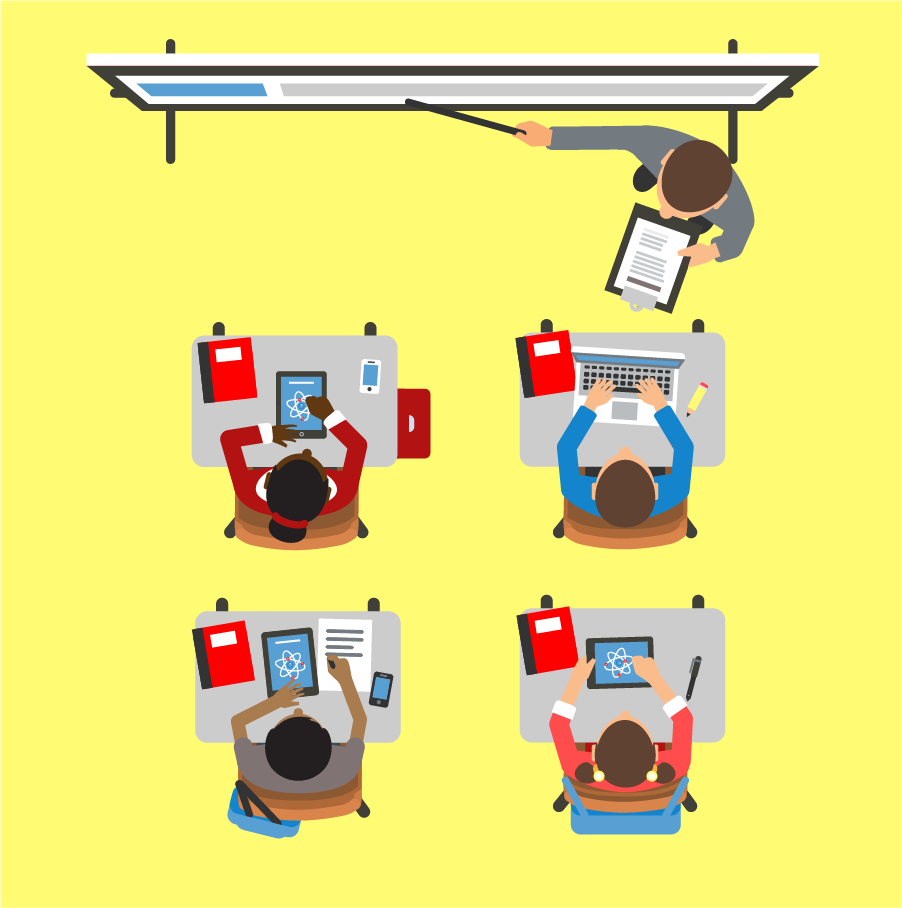
Someone recently asked me that question at a networking event. As an editor who came to this profession via a teaching career, I’d pondered this before, and wondered if and how my experience as a teacher shapes my approach as an editor.
The Connection
My teaching approach centred around two key beliefs, which I still value despite the years since I last taught a class.
- Learning is an important part of existing and co-existing in this world.
- We should always strive to learn, because it keeps our brains and minds flexible and open.
Those beliefs were essential to my teaching because they’re part of who I am. For that reason, they’re also essential to my editing. I believe my role as an editor extends beyond the edges of the pages of texts I work with; I believe I can — and should — share my language expertise with the writer in a way that will enable him or her to learn from it and, hopefully, improve his or her overall writing skills. (It is, of course, the writer’s choice whether to channel my changes and feedback into an opportunity to learn.)
The Tools
I teach through editing in three ways. Tracking changes allows me to teach by modelling; showing the original text with the correction allows the writer to identify the error more easily, notice how it was corrected and incorporate that understanding in the future.
Comments are also great teaching tools. Along with queries for clarification, I explain my changes for major, unusual or repeated errors, or where it’s clear that the writer doesn’t know a particular grammar rule or doesn’t understand a particular usage. Sometimes, I pose leading questions to help the writer reach a conclusion and make the changes, which may be more likely to lead to learning.
Finally, as I did with students in the classroom, I establish a respectful relationship with the writer so that he or she feels comfortable asking me to explain my changes. That way, I can support learning by providing exactly what the writer needs to know. For example, I may include a simple statement in my editorial note when I send the text back: “Please let me know if you need any further explanations of my changes.
The Answer
So back to my colleague’s question: “Why do so many teachers become editors?” I think it’s because the two careers have shared values and are a natural fit. Learning is at the core of both professions, and each provides us ongoing opportunities to share our expertise with others so that they might learn from it.
Do you think that you teach when you edit? If yes, how do you approach that? If no, why not?
___
Previous post from Tracey Anderson: Editing Technical Instructional Material: Do You Need to Be an Expert?
The Editors’ Weekly is the official blog of Editors Canada. Contact us.
Discover more from The Editors' Weekly
Subscribe to get the latest posts sent to your email.
